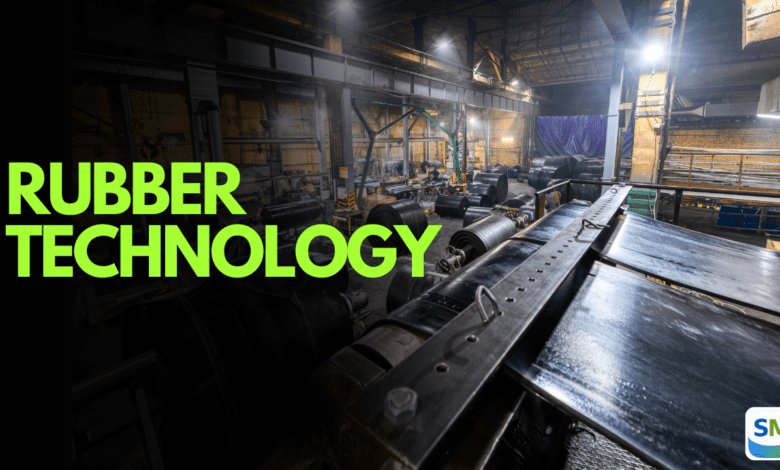
Rubber Technology is a specialised branch of engineering and material science that focuses on producing, processing, and applying rubber and elastomers. Pursuing a Rubber Technology course can lead to lucrative career opportunities with the growing demand in industries like automotive, aerospace, and healthcare.
This comprehensive guide covers Rubber Technology courses for 2026, including admission details, fees, syllabus, entrance exams, top colleges, career prospects, and salary trends.
Overview of Rubber Technology Courses
| Course Level | Diploma, B.Tech, M.Tech, PhD |
| Duration | Diploma: 1-2 years, B.Tech: 4 years, M.Tech: 2 years |
| Eligibility | 10+2 (Science) for UG, B.Tech for PG |
| Entrance Exams | JEE Main, GATE, State-level exams |
| Top Colleges | IITs, NITs, Rubber Institutes |
| Average Fees | ₹50,000 – ₹2 Lakhs (varies by institute) |
| Salary Range | ₹3 – ₹12 LPA (Freshers to Experienced) |
Rubber Technology Admission 2026
Admissions for Rubber Technology courses in 2026 will begin soon. The process varies depending on the course level:
Diploma in Rubber Technology
- Eligibility: 10+2 (Science stream)
- Admission: Merit-based or entrance exam (state-level)
B.Tech in Rubber Technology / Polymer Engineering
- Eligibility: 10+2 (PCM) with minimum 50% marks
- Entrance Exams: JEE Main, State CETs (e.g., MHT CET, WBJEE)
M.Tech in Rubber Technology
- Eligibility: B.Tech in Rubber/Polymer/Chemical Engineering
- Entrance Exams: GATE, Institute-specific tests
PhD in Rubber Technology
- Eligibility: M.Tech/M.Sc in a relevant field
- Admission: Based on GATE/NET + Interview
Rubber Technology Course Fees
The fee structure varies based on the institute and course level:
| Course | Average Fees (INR) |
| Diploma | ₹20,000 – ₹80,000 |
| B.Tech | ₹1 Lakh – ₹2.5 Lakhs per year |
| M.Tech | ₹50,000 – ₹1.5 Lakhs per year |
| PhD | ₹50,000 – ₹1.2 Lakhs per year |
Note: Government institutes have lower fees compared to private colleges.
Rubber Technology Syllabus
The syllabus covers polymer chemistry, rubber processing, quality control, and industrial applications.
Core Subjects:
- Polymer Science & Engineering
- Rubber Compounding & Processing
- Elastomer Technology
- Quality Control & Testing
- Industrial Safety & Environmental Impact
Practical Training:
- Lab Work on Rubber Mixing, Moulding, Vulcanisation
- Industry Internships
Top Rubber Technology Colleges in India
Here are some of the best institutes offering Rubber Technology courses:
- Indian Institute of Technology (IITs) – Kharagpur, Delhi
- National Institute of Technology (NITs) – Warangal, Durgapur
- Institute of Rubber Technology (IRT) – Chennai
- Central Institute of Plastics Engineering & Technology (CIPET)
- Mahatma Gandhi University (MGU) – Kerala
Career & Salary After Rubber Technology
Graduates can work in tyre manufacturing, polymer industries, automotive, and R&D sectors.
Job Roles & Salary:
| Job Profile | Average Salary (INR) |
| Rubber Technologist | ₹3 – ₹6 LPA |
| Polymer Engineer | ₹4 – ₹8 LPA |
| Quality Control Manager | ₹5 – ₹10 LPA |
| Research Scientist | ₹6 – ₹12 LPA |
Top Recruiters:
- MRF, Apollo Tyres, CEAT
- Reliance Industries, Pidilite
- Goodyear, Bridgestone
Conclusion
A Rubber Technology course opens doors to high-demand careers in the polymer and rubber industries. With good salary prospects and growing industry demand, it’s an excellent choice for students interested in material science and engineering.
